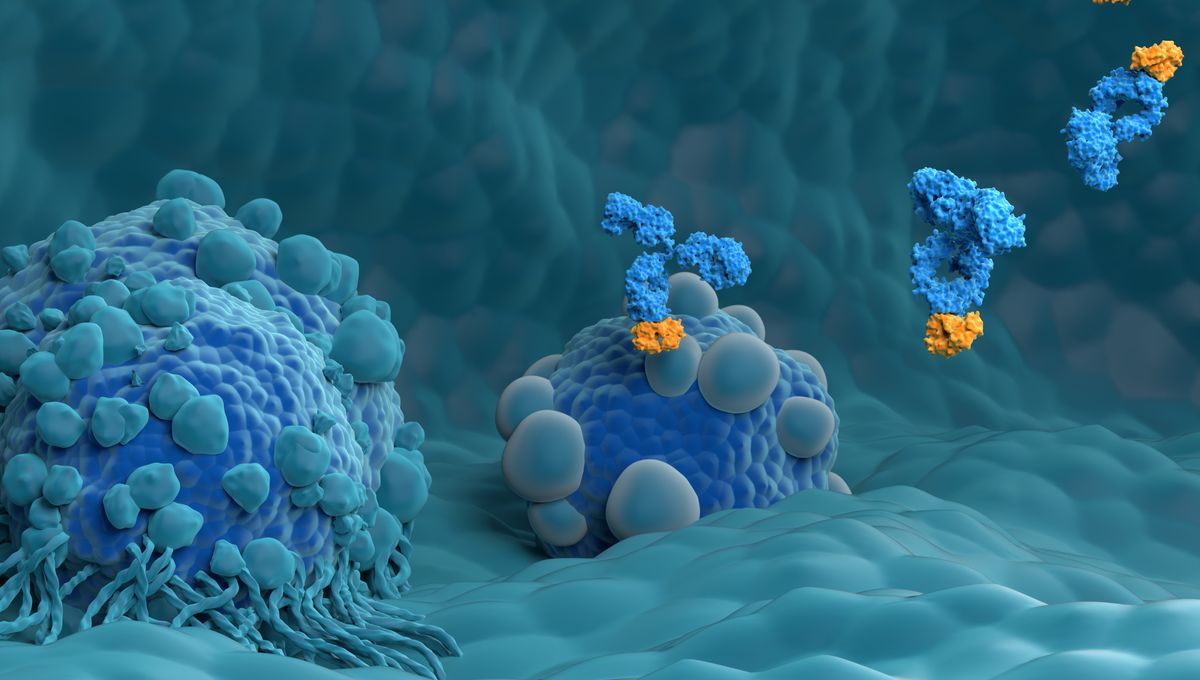
A serendipitous discovery may lead to a new way of fighting cancer – even tumors that are resistant to immunotherapy – by suppressing a mechanism that cancer cells use to evade the body’s immune system.
“It all happened by coincidence,” explained study lead Professor Carmit Levy of Tel Aviv University, in a statement. “My lab studies both cancer and the effects of ultraviolet (UV) radiation from the sun on our skin and body – both of which are known to suppress the immune system. Cancer suppresses approaching immune cells and solar radiation suppresses the skin’s immune system.”
“While in most cases, we cancer researchers worldwide focus on the tumor and look for mechanisms by which cancer inhibits the immune system,” Levy continued, “here we proposed a different approach: investigating how UV exposure suppresses the immune system and applying our findings to cancer.”
Together with colleagues with expertise in the immune system, and led by MD/PhD candidate Avishai Maliah, Levy and the team set out to explore their hypothesis in an animal model.
They exposed mice to UVB radiation – that’s the type of UV that causes sunburn if you stay out for too long without sunscreen, but can also be used in phototherapy for skin conditions like psoriasis. In fact, the authors point out, sunlight has been used to treat autoimmune skin disorders “for more than 3,500 years”.
“Avishai examined the behavior of dozens of proteins post-UV exposure, and surprisingly discovered a significant rise in the level of a relatively unexplored protein called Ly6a,” Levy said. “This unexpected finding led us to investigate further, to understand the protein function and whether it is involved in the immune suppression process.”
The team suspected that Ly6a might act as an immune “brake”, preventing the immune system from going into overdrive and attacking the body’s own healthy cells. When the skin is exposed to UV radiation, it kickstarts a series of immune responses as the cells try to protect themselves – but at the same time, these brakes are activated to stop the response from going too far.
As well as being expressed in response to UV, the team discovered that Ly6a naturally occurs at high levels in cancerous tumors – they observed this both in melanoma and in colon cancer. “Evidently, we have discovered a general mechanism through which cancer tumors desensitize the immune system,” Levy said.
When the tumors were treated with anti-Ly6a antibodies, effectively releasing the brakes and allowing the immune system to attack, the team saw that the tumors were significantly reduced. Importantly, the effect was also seen in cancers that are resistant to current immunotherapies.
“Immunotherapy has revolutionized the treatment of cancer. However, about 50 percent of the patients do not respond to the currently prevailing treatment – the protein PD1,” said co-lead Professor Yaron Carmi. “We discovered a new protein, Ly6a, and found that its antibody eradicated tumors in our model animals – even those resistant to PD1 therapy. At present we are working to translate our findings into a drug for human cancer patients, hoping to offer an effective new treatment.”
The study is published in the journal Nature Communications.
Source Link: New Cancer Discovery Releases “Brakes” On Immune System To Treat Stubborn Tumors